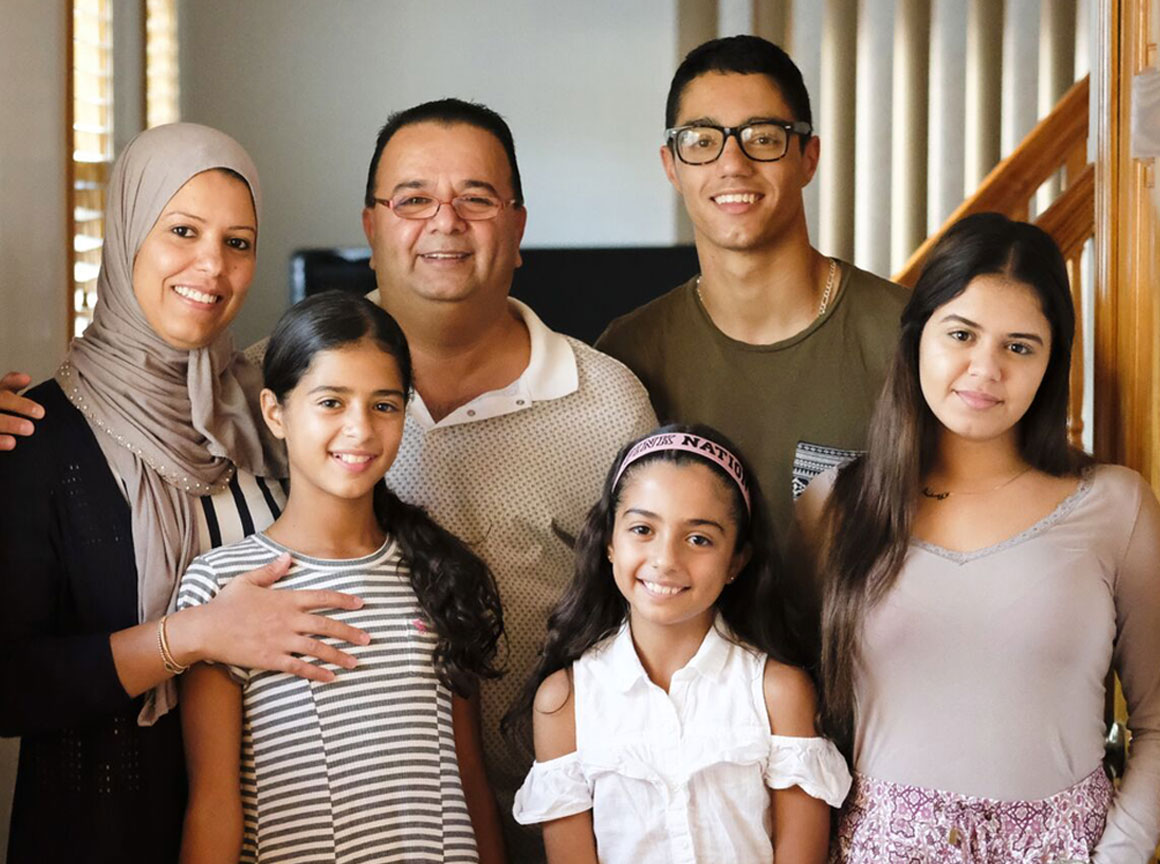Court Rejects Government Bid to Dismiss ACLU-EFF Suit Challenging Warrantless Phone Searches at U.S. Border
Lawsuit on Behalf of 11 Travelers Challenges Searches of Electronics as Unconstitutional
BOSTON — A federal judge ruled today that a lawsuit challenging the government’s growing practice of searching electronics at the border without a warrant can proceed, rejecting the government’s attempt to have the case dismissed.
The American Civil Liberties Union, the Electronic Frontier Foundation, and the ACLU of Massachusetts brought the case against the Department of Homeland Security last September on behalf of 11 travelers whose smartphones and laptops were searched without warrants at the U.S. border. The plaintiffs are 10 U.S. citizens and one lawful permanent resident who hail from seven states and come from a variety of backgrounds.
“This is a win for constitutional rights at the border,” said ACLU attorney Esha Bhandari, who argued the case last month. “The court has rightly recognized the severity of the privacy violations that travelers face when the government conducts suspicionless border searches of electronics. We look forward to arguing this case on the merits and showing that these searches are unconstitutional.”
The court found that the plaintiffs can sue for violations of their Fourth Amendment and First Amendment rights.
“This is a big win for the digital rights of all international travelers,” said EFF Staff Attorney Sophia Cope. “In rejecting the government’s motion to dismiss the case, the court rightly concluded that the plaintiffs sufficiently alleged that the government's device search policies unconstitutionally burden privacy and free speech rights. As we’ve long argued, the border is not a Constitution-free zone.”
Quoting a landmark 2014 Supreme Court opinion on cellphone privacy, U.S. District Court Judge Denise Casper wrote in her decision, “[E]lectronic device searches are, categorically, more intrusive than searches of one’s person or effects. The ability to review travelers’ cell phones allows officers to view ‘nearly every aspect of their lives—from the mundane to the intimate.’”
Immigration and Customs Enforcement policy allows border agents to search and confiscate anyone’s smartphone for any reason or for no reason at all. Customs and Border Protection policy allows border device searches without a warrant or probable cause, and usually without even reasonable suspicion. Last year, CBP conducted more than 30,000 border device searches, more than triple the number just two years earlier.
Plaintiff Diane Maye, a college professor and retired U.S. Air Force officer, was detained for two hours at Miami International Airport when coming home from a vacation in Europe in June.
Plaintiff Sidd Bikkannavar, an engineer for NASA’s Jet Propulsion Laboratory in California, was detained at the Houston airport on the way home from vacation in Chile. A CPB officer demanded that he reveal the password for his phone. The officer returned the phone a half-hour later, saying that it had been searched using “algorithms.”
Another plaintiff was subjected to violence. Akram Shibly, an independent filmmaker who lives in upstate New York, was crossing the U.S.-Canada border after a social outing in the Toronto area in January when a CBP officer ordered him to hand over his phone. CBP had just searched his phone three days earlier when he was returning from a work trip in Toronto, so Shibly declined. Officers then physically restrained him, with one choking him and another holding his legs, and took his phone from his pocket. They kept the phone, which was already unlocked, for over an hour before giving it back.
Below is a full list of the plaintiffs along with links to their individual stories, which are also collected here:
- Ghassan and Nadia Alasaad are a married couple who live in Massachusetts, where he is a limousine driver and she is a nursing student.
- Suhaib Allababidi, who lives in Texas, owns and operates a business that sells security technology, including to federal government clients.
- Sidd Bikkannavar is an optical engineer for NASA’s Jet Propulsion Laboratory in California.
- Jeremy Dupin is a journalist living in Massachusetts.
- Aaron Gach is an artist living in California.
- Isma’il Kushkush is a journalist living in Virginia.
- Diane Maye is a college professor and former captain in the U. S. Air Force living in Florida.
- Zainab Merchant, from Florida, is a writer and a graduate student in international security and journalism at Harvard.
- Akram Shibly is a filmmaker living in New York.
- Matthew Wright is a computer programmer in Colorado.
Today’s ruling is here:
https://www.aclu.org/legal-document/opinion-denying-governments-motion-dismiss
Stay Informed
Sign up to be the first to hear about how to take action.





